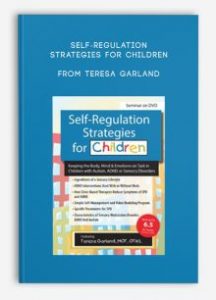 Self-Regulation Strategies for Children from Teresa Garland
Self-Regulation Strategies for Children from Teresa Garland
More information about Medical:
Medicine is the science and practice of establishing the diagnosis, prognosis, treatment, and prevention of disease.
Medicine encompasses a variety of health care practices evolved to maintain and restore health by the prevention and treatment of illness.
Contemporary medicine applies biomedical sciences, biomedical research, genetics, and medical technology to diagnose, treat, and prevent injury and disease,
typically through pharmaceuticals or surgery, but also through therapies as diverse as psychotherapy, external splints and traction, medical devices, biologics, and ionizing radiation, amongst others.
Medicine has been around for thousands of years, during most of which it was an art (an area of skill and knowledge) frequently having connections to the religious and
philosophical beliefs of local culture. For example, a medicine man would apply herbs and say prayers for healing, or an ancient philosopher and physician would apply bloodletting according to the theories of humorism.
In recent centuries, since the advent of modern science, most medicine has become a combination of art and science (both basic and applied, under the umbrella of medical science).
While stitching technique for sutures is an art learned through practice, the knowledge of what happens at the cellular and molecular level in the tissues being stitched arises through science.
Outline:
How Self-Regulation Affects a Child’s Physical, Mental and Emotional Wellbeing
- Overlay of systems
- Overlap with sensory modulation disorder, ADHD, autism, giftedness, anxiety and related conditions
Sensory Processing Disorder (SPD)
- Vestibular, proprioceptive, and sensory modulation characteristics
- Strategies for home and school
- Making it right: case studies and videos
- Sensory diet vs. a sensory lifestyle
- The big therapies: Interactive Metronome® (IM), brushing and sensory diets
ADHD Strategies
- Parker’s guidelines for giving meds
- Greenspan’s strategies for avoiding meds
- Cognitive strategies, attention strategies and mindfulness meditation
Self-Management
- As a powerful behavior program for ADHD
- Case study on breaking “stimming” habits
Utilizing Video
- Role play & video modeling
- Teaching functional skills
- Catching child “being good”
- Working with emotions
- Art and music
- Emotional Freedom Technique (EFT)
- Polyvagal Theory and autism
iPad® Apps
- Visual schedules
- Social stories
- Visual timers
Autism Strategies
- Communication strategies that provide control
- Match-and-repeat technique for social engagement
- Dealing with picky eating and poor sleep habits
- Behavioral strategies for eliminating difficult behavior
First Person Stories & Strategies for Smooth Transitions
- Discuss social interactions
- Describe relevant social cues and behaviors
- Examples of transitional activities
Other Approaches
- Alternative therapy
- Qi massage
Calming Strategies
- Music, Me-Moves™
- Deep pressure, Ease™
Description:
- DSM-5® updates for autism and sensory modulation
- Build and enhance self-regulation in any setting
- Come away with:
- Sensory therapy techniques
- Self-management and video modeling programs
- Sensory lifestyle
- First person stories
- Energy regulation techniques
Children who have trouble self-regulating throughout the day are missing out on typical childhood experiences in school, on the playground and with their families. This workshop looks at the underlying factors of poor self-regulation and how they affect the child.
Experienced presenter, Teresa Garland, MOT, OTR/l will teach you practical interventions and how to create simple, but effective programs in clinical, school and home settings:
- Sensory therapy techniques
- Simple self-management and video modeling programs
- Sensory lifestyle
- First person stories
- Energy regulation techniques
- Emotional regulation techniques
- Communication methods
- Transition strategies
- Behavioral strategies
Clinical programs such as Interactive Metronome® and Emotional Freedom Technique (EFT™) will be discussed, as will timely topics such as medication vs. non-medication for ADHD and new insights from research into biomedical aspects of autism. You will receive written handouts and a list of resources.


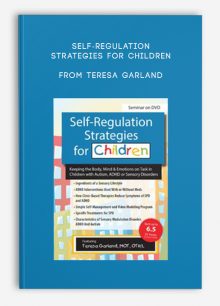

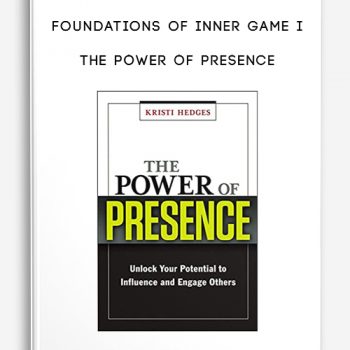

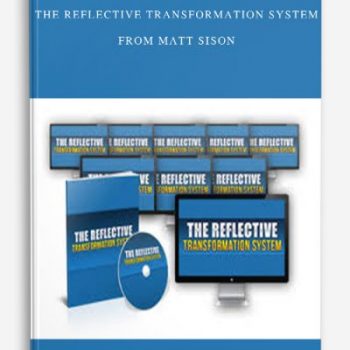
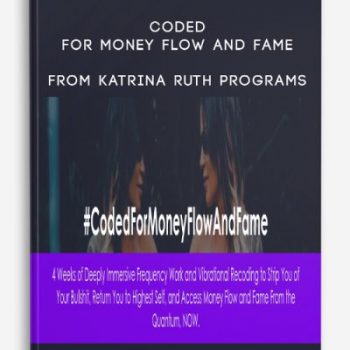
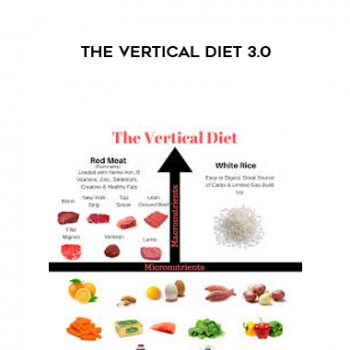

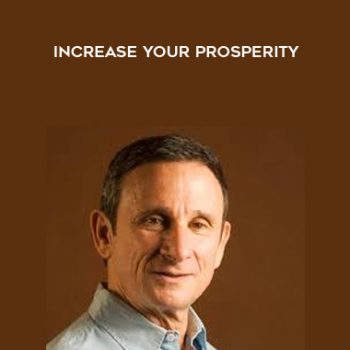
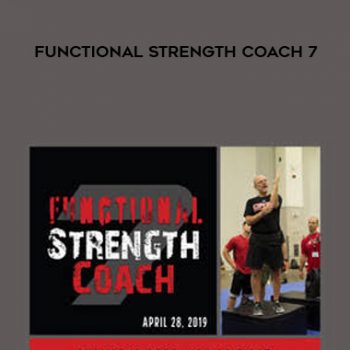
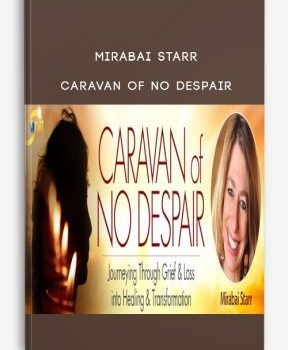
tristian –
This is Digital Download service, the course is available at Coursecui.com and Email download delivery.